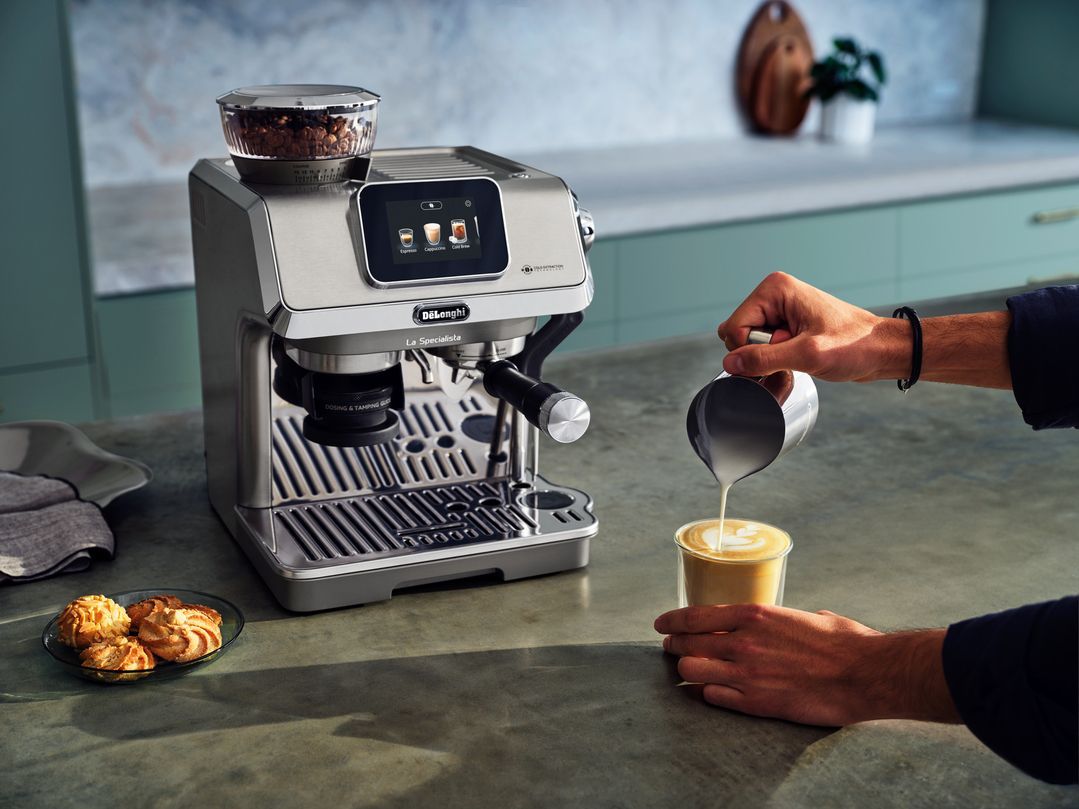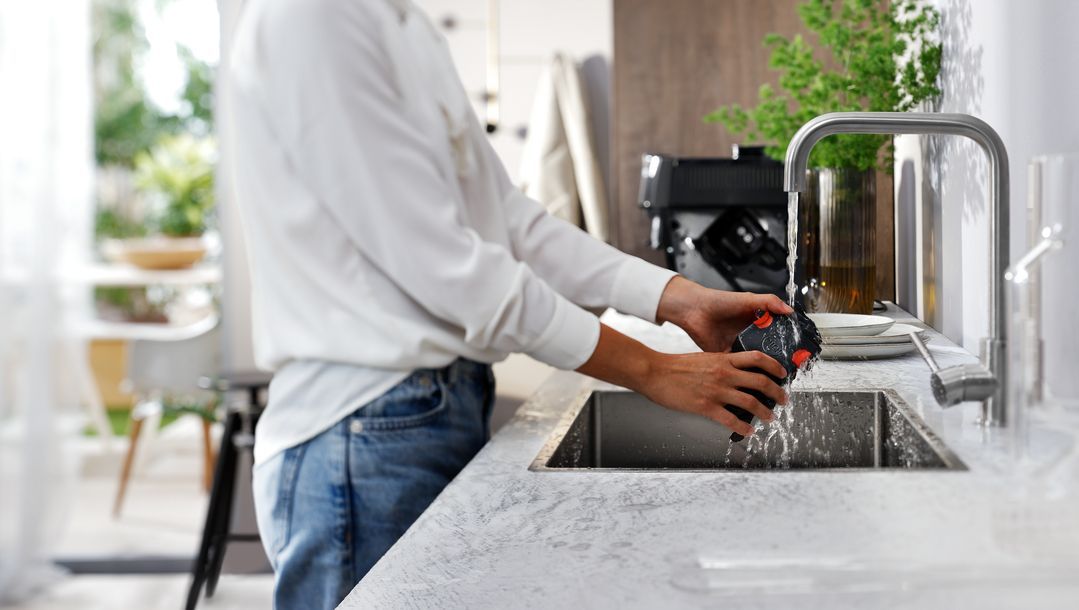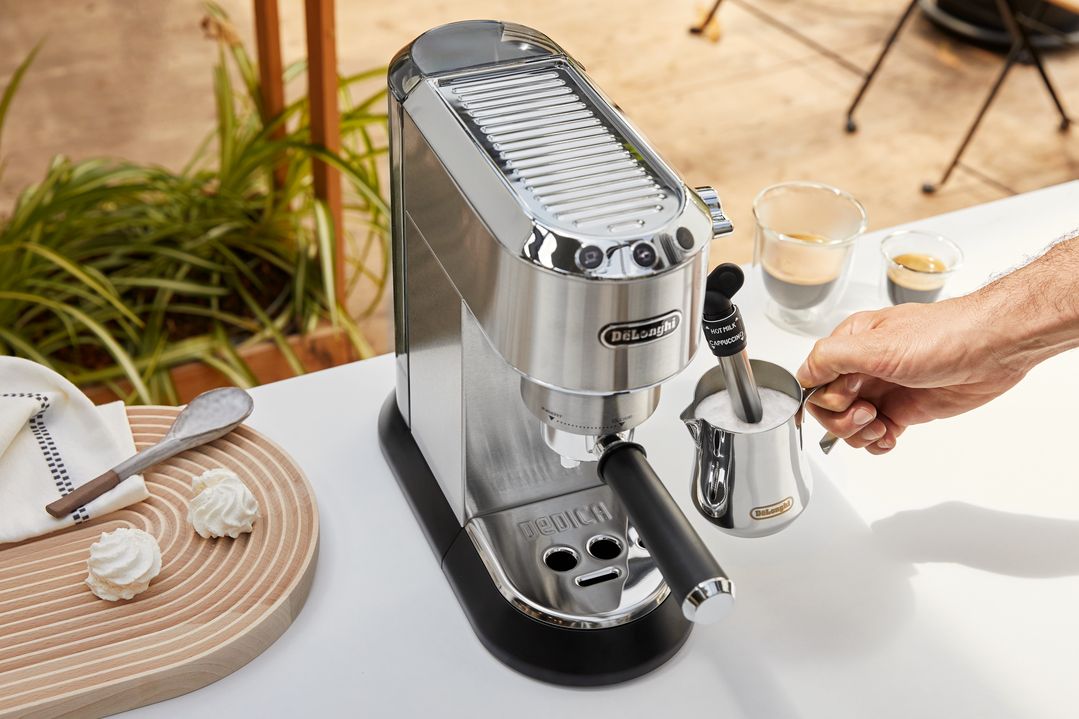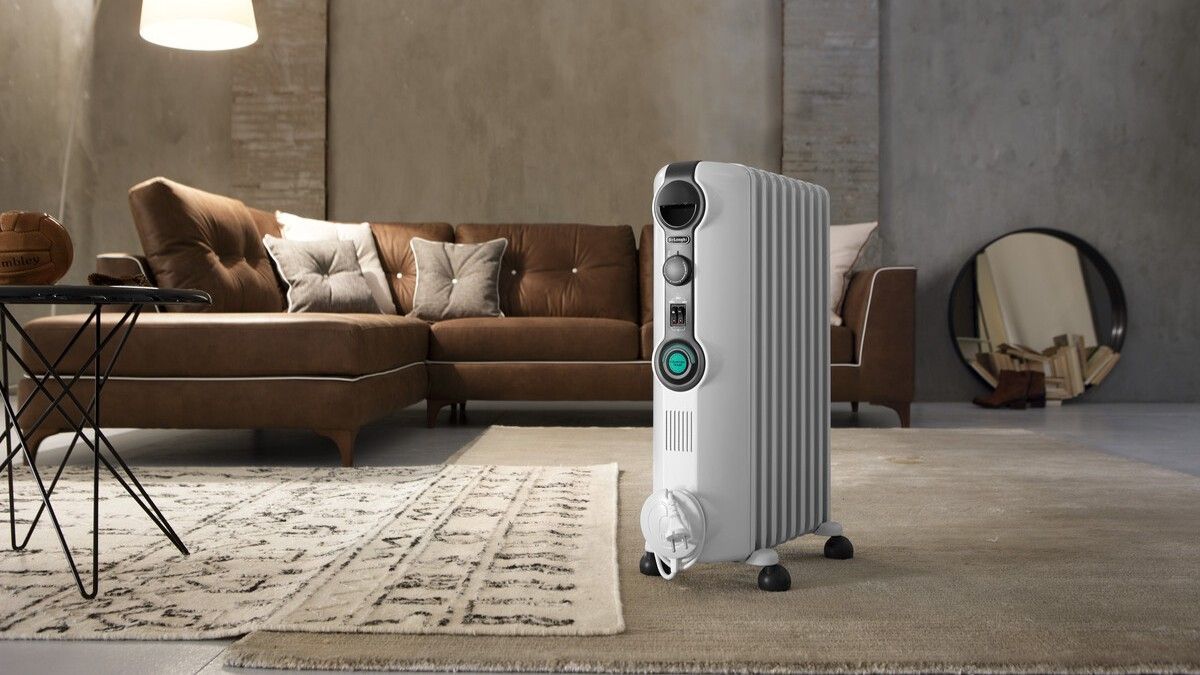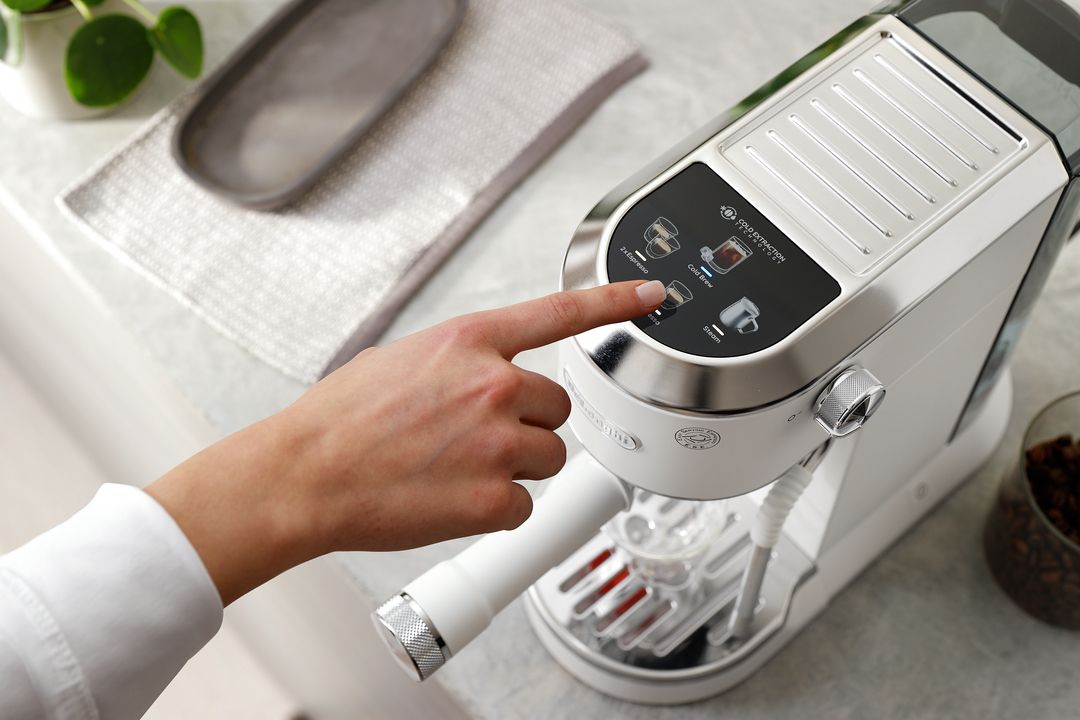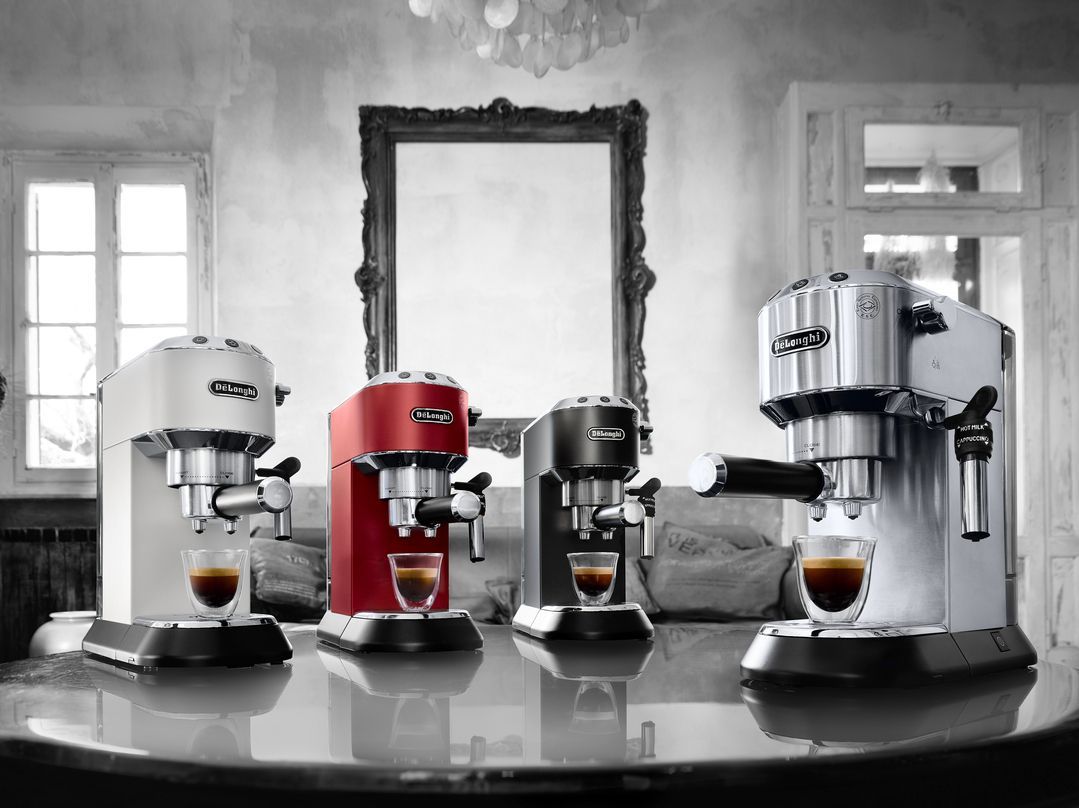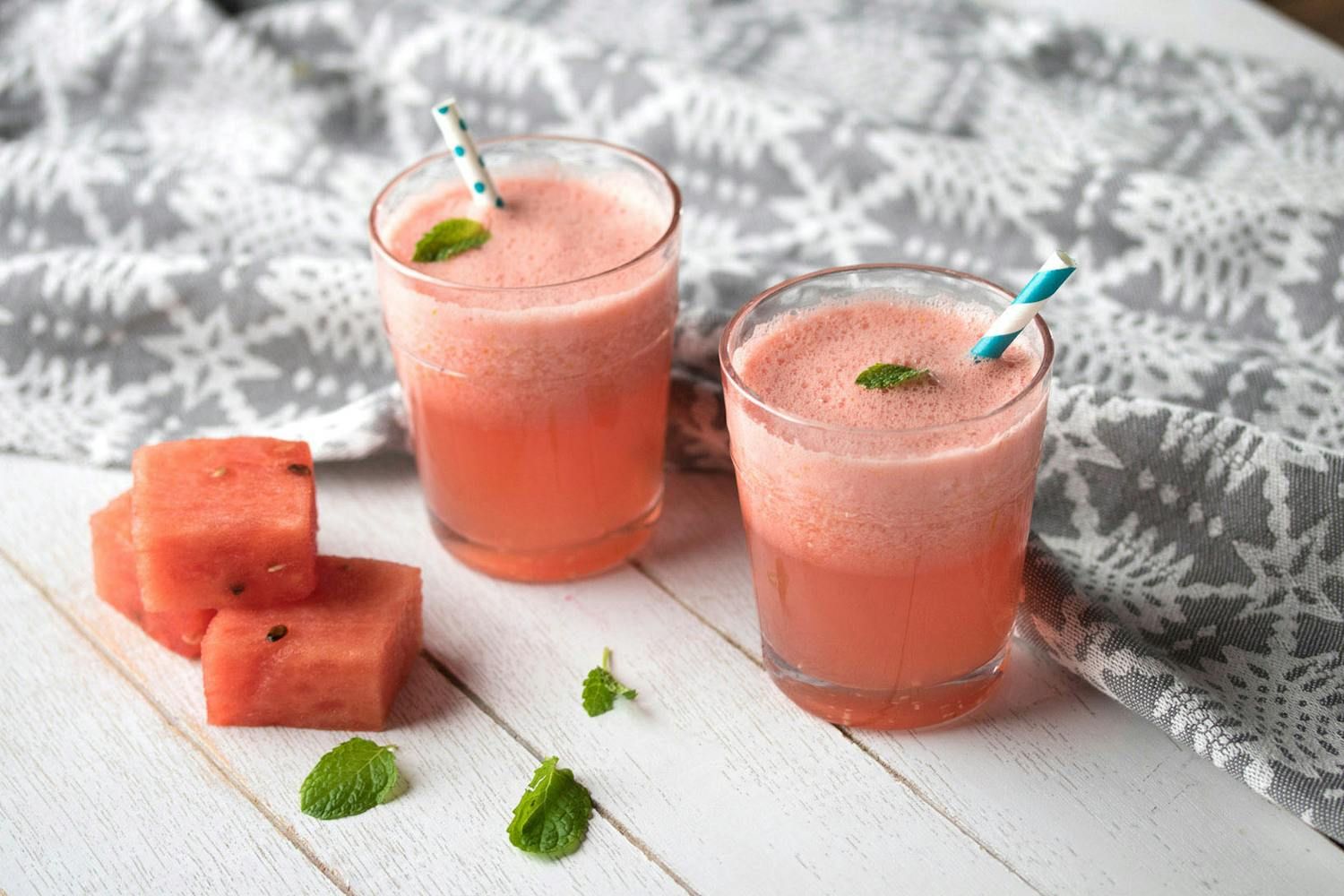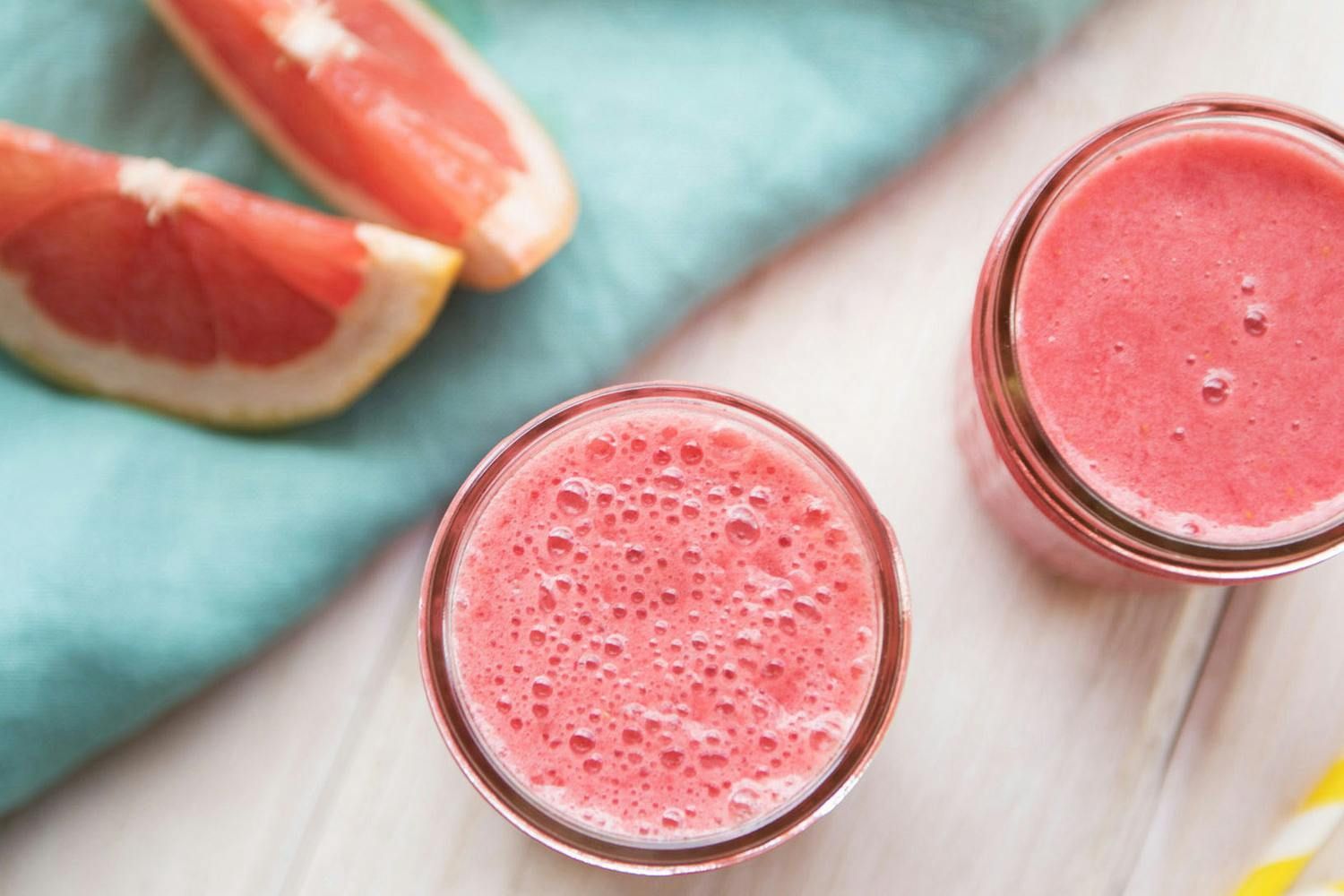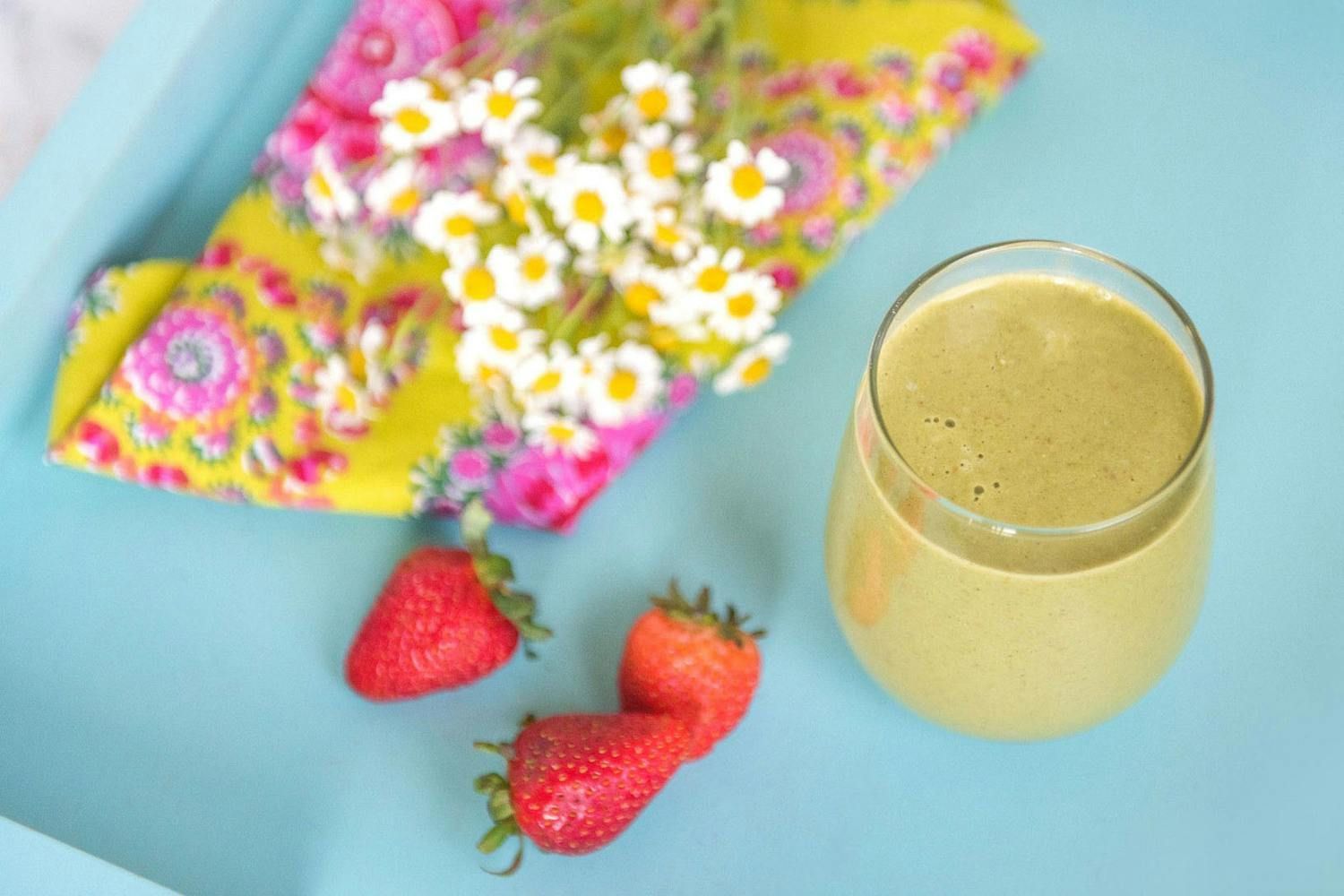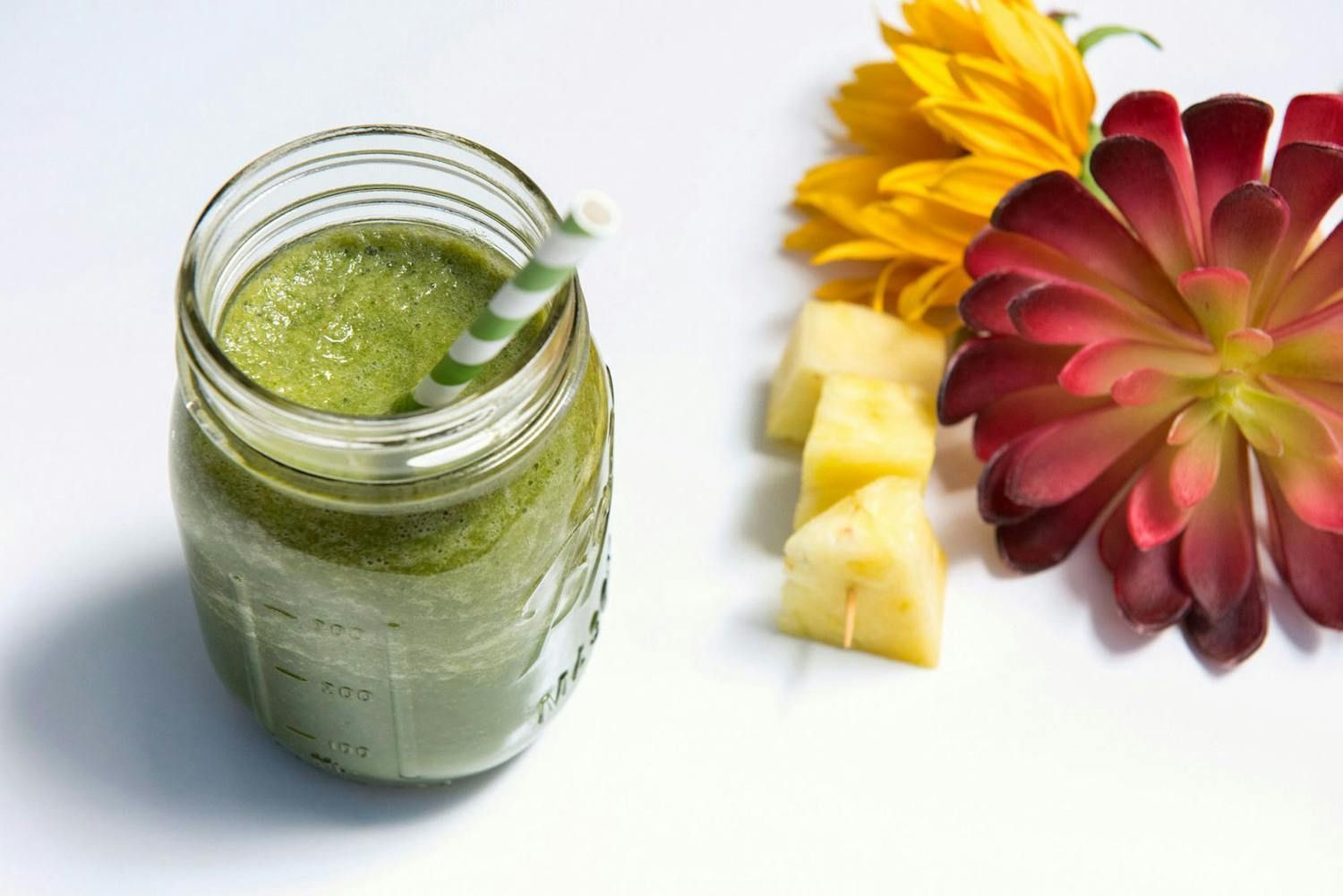The Importance of Water Quality in Brewing Coffee
Water quality plays a crucial role in the coffee brewing process, directly influencing the flavor and aroma of the coffee. Water makes up about 98% of a cup of coffee, so factors such as hardness, pH level, and minerals in the water can significantly impact the quality of the coffee.
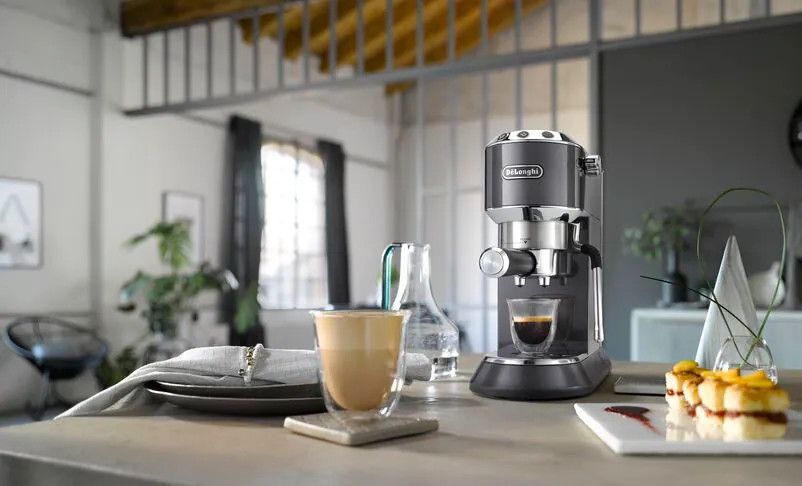
- Water Hardness
Water hardness is determined by the levels of calcium and magnesium ions present in the water. If the water is too hard (high in calcium and magnesium), the coffee will become bitter and unpleasant. Conversely, if the water is too soft (low in calcium and magnesium), the coffee will taste flat and lose its rich flavor. Moderately hard water will produce a more balanced and harmonious cup of coffee. - Water pH Level
The pH level of water is another important factor. Water with a pH that is too low (too acidic) or too high (too alkaline) can alter the flavor of the coffee. The ideal pH for brewing coffee is between 6.5 and 7.5. Balanced pH water helps preserve the natural flavors of the coffee and ensures optimal extraction. - Mineral Content
Minerals in water can affect the coffee extraction process. A moderate amount of minerals in the water can help highlight the complex flavors of the coffee. However, if the mineral content is too high, it can upset the flavor balance, leading to overly bitter or astringent coffee. Water with too few minerals can result in coffee that is bland and lacks depth. - Drinking Water Quality
The source of drinking water should be clean and free of impurities or harmful chemicals. Contaminants like chlorine, heavy metals, or other pollutants can ruin the taste of coffee and pose health risks. Using filtered or high-quality bottled water is a safe choice to ensure the best extraction of coffee. - Water Temperature
The temperature of the water used for brewing coffee is also a factor that needs careful control. Water that is too hot can scorch the coffee, resulting in burnt or bitter flavors. Water that is too cold may not extract all the flavors from the coffee, leaving it weak and lackluster. The ideal water temperature for brewing coffee typically ranges from 90 to 96°C. - Impact of Water Filtration
The filtration process can remove impurities and adjust mineral content, helping water reach the ideal quality for brewing coffee. However, over-filtration can reduce the necessary minerals in the water, causing coffee to lose its richness and complexity of flavor.
Water quality is an essential factor in coffee brewing, and understanding how water affects coffee will help you achieve a perfect cup. Ensuring that your water has the right hardness, pH level, and mineral content, as well as maintaining a clean water source, are crucial steps to optimize your coffee's flavor.
#cafehat #perfettocoffee #coffeebeans
Discover Perfetto Coffee
-
Perfetto Delta Intenso (1000g) coffee beans
60% Arabica & 40% Robusta.
-
Perfetto Delta Original (1000g) coffee beans Write a description for this list item and include information that will interest site visitors. For example, you may want to describe a team member's experience, what makes a product special, or a unique service that you offer.
-
Perfetto Caffe Roma (1000g) coffee beans Write a description for this list item and include information that will interest site visitors. For example, you may want to describe a team member's experience, what makes a product special, or a unique service that you offer.
-
Perfetto Caffe Super (1000g) Coffee Beans Write a description for this list item and include information that will interest site visitors. For example, you may want to describe a team member's experience, what makes a product special, or a unique service that you offer.
-
Perfetto PHK.02 (500g) coffee beans Write a description for this list item and include information that will interest site visitors. For example, you may want to describe a team member's experience, what makes a product special, or a unique service that you offer.



